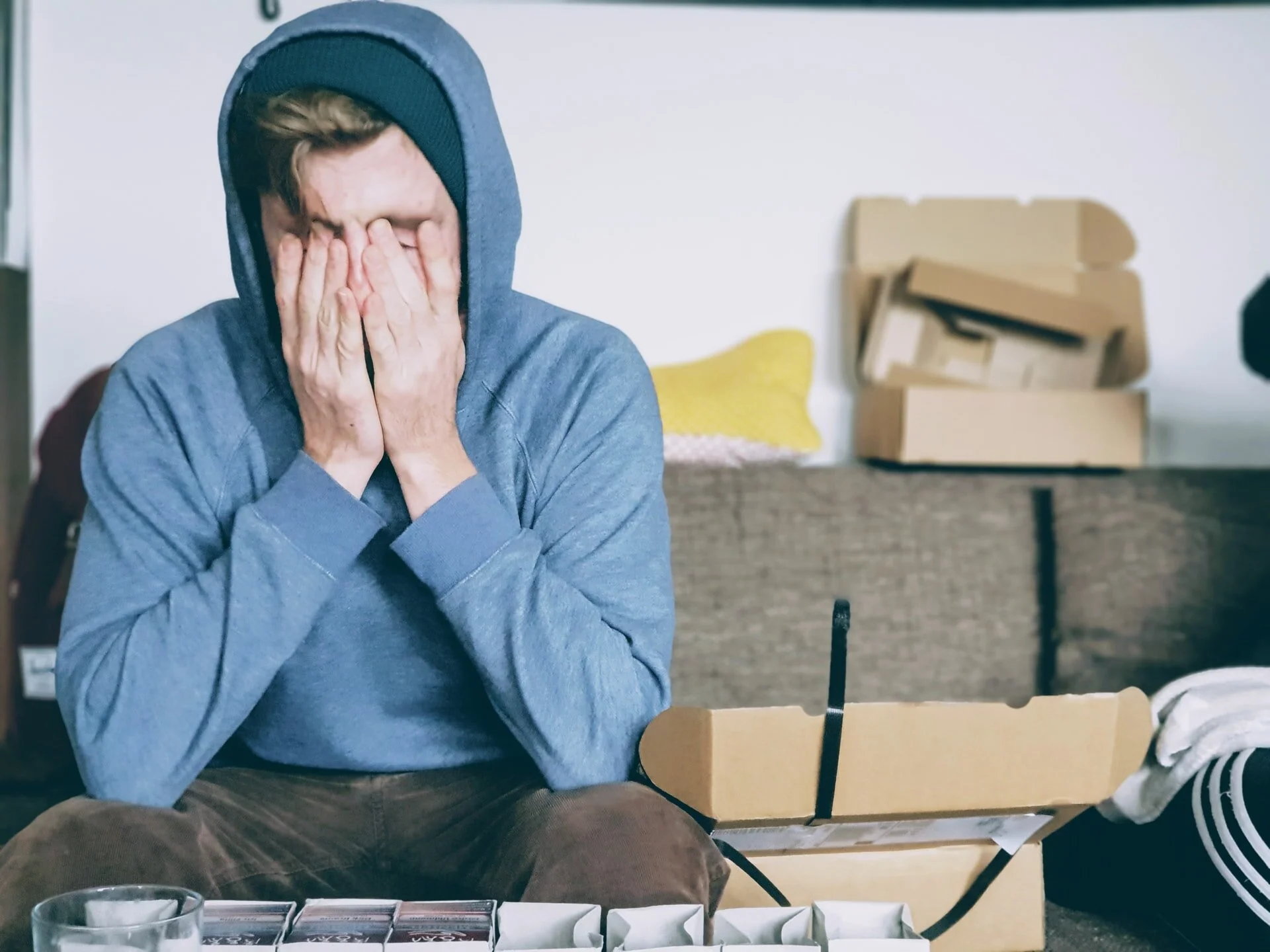Sleep Deprivation Heightened During the Pandemic
How Lack of Sleep Impacts College Students
For college students, a lack of sleep is the norm. But it can actually have a serious impact on physical and mental health. Source: Christian Erfurt, Unsplash
According to the American Sleep Association, 50 to 70 million adults in the U.S. have a sleep disorder. Dr. Umma Kulsum, a Pulmonologist and Sleep Medicine Specialist at Jamaica Hospital Medical Center in Queens, NY, explains why this number is so high — especially among college students.
Many causes of sleep deprivation are seen in the young population of high school and college-age individuals because they fail to maintain a healthy sleep schedule. This is a result of bad habits, including staying up until the early hours of the morning due to overwhelming amounts of homework, part time jobs, social lives and other responsibilities. During the COVID-19 pandemic, it has become even more difficult to maintain a healthy sleep cycle.
Kulsum, an expert in sleep apnea and sleep deprivation, recommends that young adults, especially college students, need seven to eight hours of sleep every day. With less sleep the brain is not getting enough rest. Then the ability for an individual to focus is unstable and the ability to concentrate on work and studies decline. Some warning signs of sleep deprivation include dozing off, feeling sleepy in class, poor test taking skills and lack of attendance, Dr. Kulsam said.
Age plays a huge role in sleep deprivation. Compared to high school students, college students are more likely to suffer from lack of sleep because it is difficult to find the balance between maintaining a social life, handling part time jobs, internships, and schoolwork.
To create more balance, Dr. Kulsum recommends maintaining a good sleep schedule. For example, before going to bed, do not use a phone or smart device because the technology can make the body restless. “If you get extra sleep, it will be healthier for your brain. So, take two hours before bed without devices, and instead listen to music, read books, don’t watch TV from your bed, and don’t eat big meals, just small snacks,” Kulsam said.
Heather Brody ‘22, a Marist College student, makes sure to focus on these practices daily to avoid sleep deprivation. She keeps to a normal sleep schedule of around eight hours every night. “I make sure to relax for about an hour before bed so I have no trouble falling asleep,” she said. “I take time to read a book or watch a movie and try to get all my work done earlier in the day.” Brody believes that these habits have positively affected her mood and schoolwork, and helps provide her with enough energy and motivation to get her work done early.
However, maintaining this type of healthy sleep cycle may not be as easy for all Marist students — especially during the stress and uncertainty of the COVID-19 pandemic. While there are less physical responsibilities or places they need to be throughout the day due to Zoom classes and remote work, there is still a high level of stress associated with schoolwork and assignments. Between handling the stress and anxiety of COVID-19 as well as finishing their school work, many college students are up late into the night.
Dr. Kulsum recommends scheduling specific times for assignments, jobs, internships, and activities to make sure that individuals can get at least eight hours of sleep every night. She warns that lack of sleep contributes to more health issues, such as risk of heart disease and increased blood pressure. Lack of sleep also makes it difficult to control blood glucose levels and can cause weight gain.
Athletes are also more prone to sleep deprivation, Dr. Kulsum said, because the chronic pain they endure from physical activities, along with their soreness and exhaustion, can contribute to not getting enough rest.
Alternatively, Kulsum said that too much sleep can be just as harmful. “Everybody is different, but too much sleep is just as bad, and can also affect an individual just as much as too little sleep,” she said. To avoid this, she recommends avoiding trying to catch up on sleep missed during the week on the weekends. She said, “Ten hours of sleep on the weekend can not compensate for two hours of sleep during the week.”
